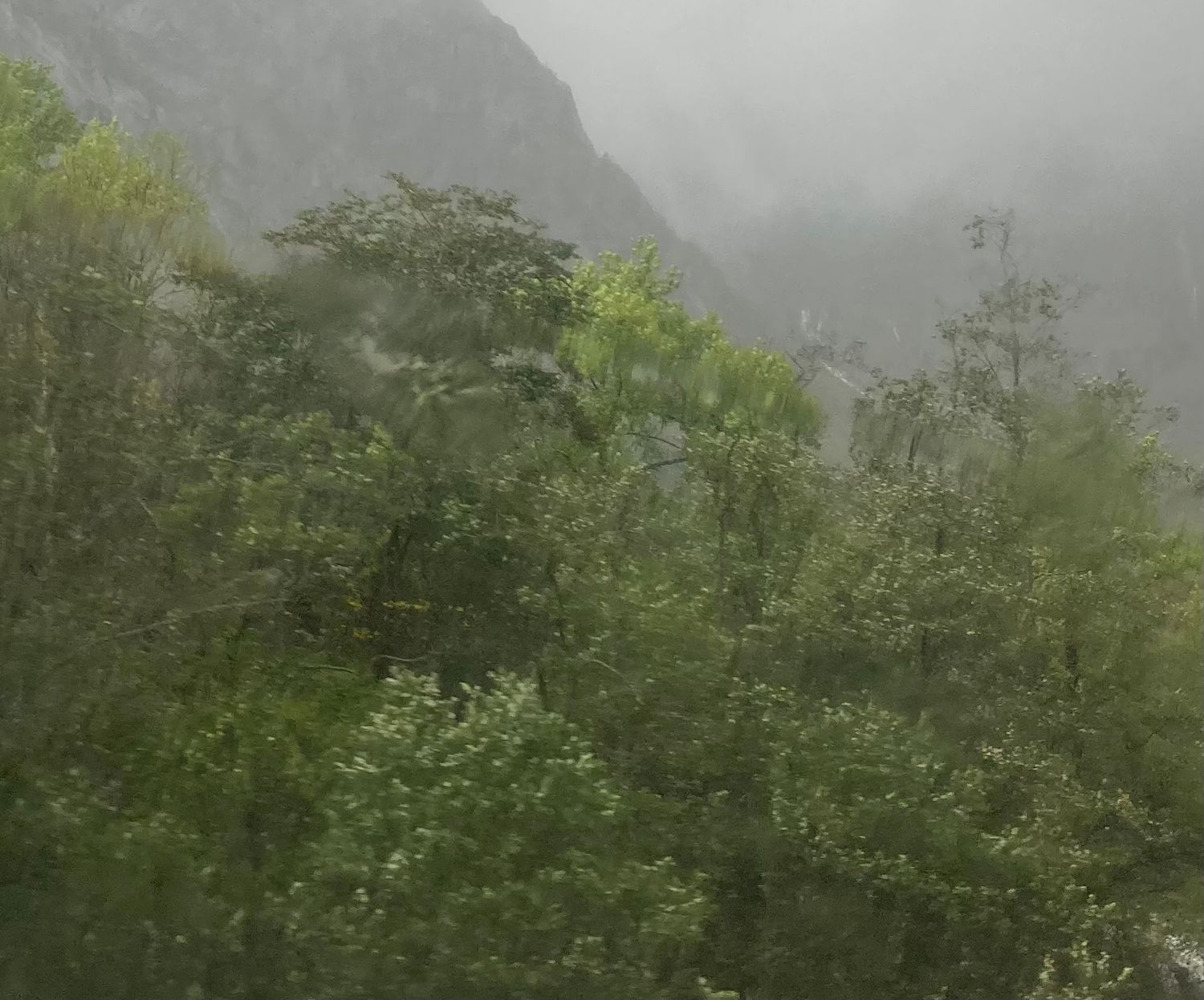When environmental problems like climate change and biodiversity loss are to be discussed and solved, people’s understandings of the future are central. Attempts to do something about environmental problems need to deal with the fact that such problems are caused by processes that happen over a long period of time, and that they necessitate action before the effects of those processes can be seen.
How do people relate to this future? Do they approach it on a geological time scale? Are they thinking of the next election? Do they believe the crisis is now? If so, what happens when ‘now’ is over? Not least, whose time should really count –the time of the family, of the human species, of the Greenland whale, or even the time of the forest?
Starting with concepts from various environmental debates, such as “the Anthropocene” and “Climate Crisis”, Marit Ruge Bjærke discusses understandings of time and the future and touches on the relationship between these understandings and understandings of responsibility.
After the talk there will be a conversation between Marit Ruge Bjærke and the artist Randi Nygård.
The event is the launch of Skog vil seia samfunn (Forest means society), a project of several years’ standing that Volt has with Randi Nygård in Bergen.
Skog vil seia samfunn is inspired by a method of planting mini-forests in city spaces that was invented by the Japanese ecologist and biologist Akira Miyawaki. With his method, many local tree species are densely planted in small areas. The forests lead to the air being cleansed, they reduce noise, they sequester a lot of carbon, and they attract many animals and insects. The forests, also known as pocket forests, are thought to be especially diverse and lively.
In connection with the forest and in interaction with life there, Randi Nygård will make a series of small sculptures. The sculptures will be based on the growth of the forest. Flora and fauna help shape our social and public spaces, even in cities, and the works will indicate this.
During the period, several different public events devoted to the topics of the project will be organized, with contributorsfrom different fields: biologists, philosophers, experts on culture studies, artists and others.
